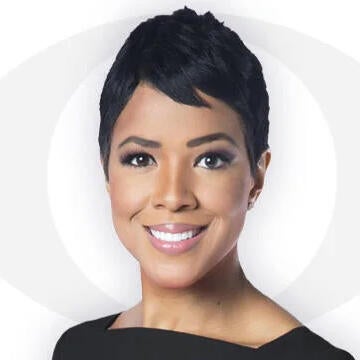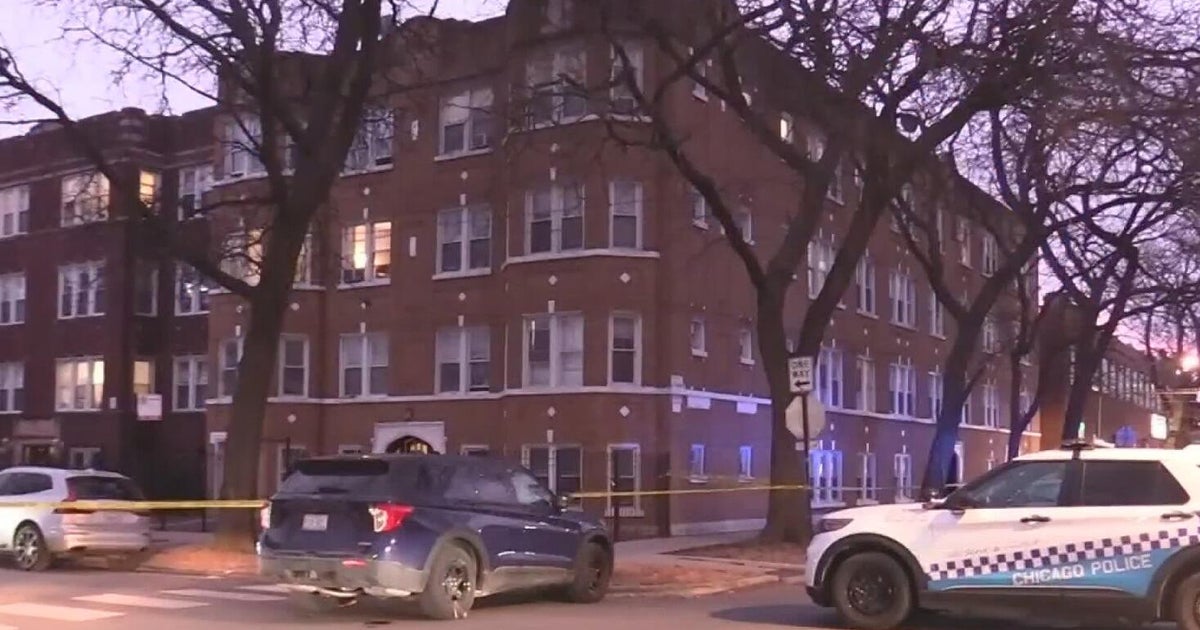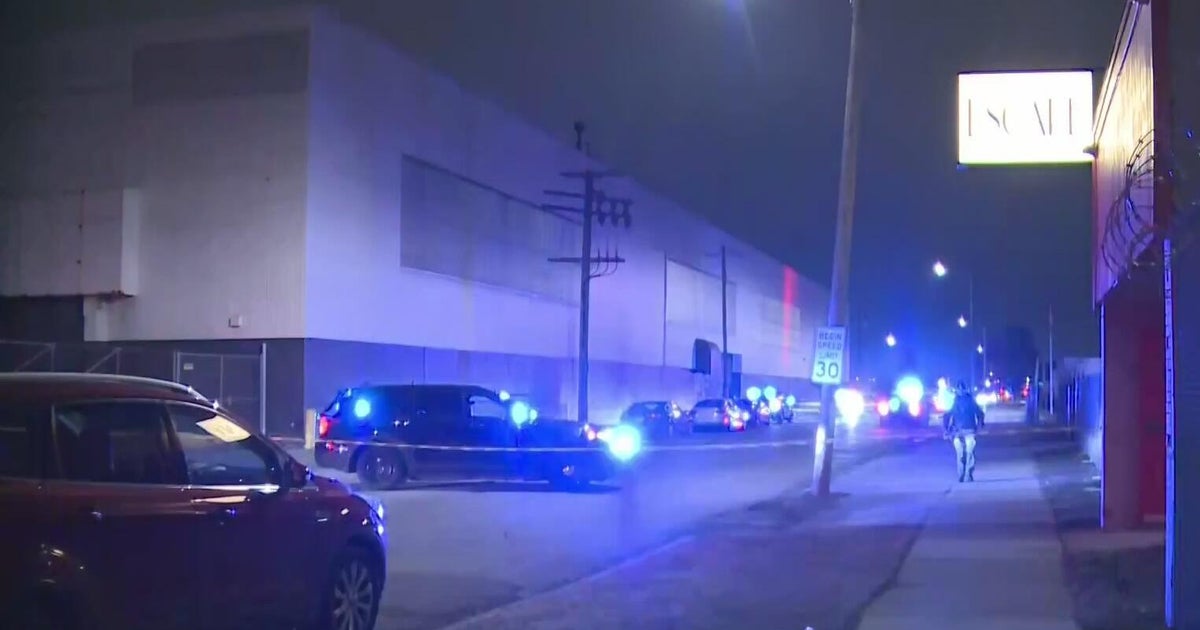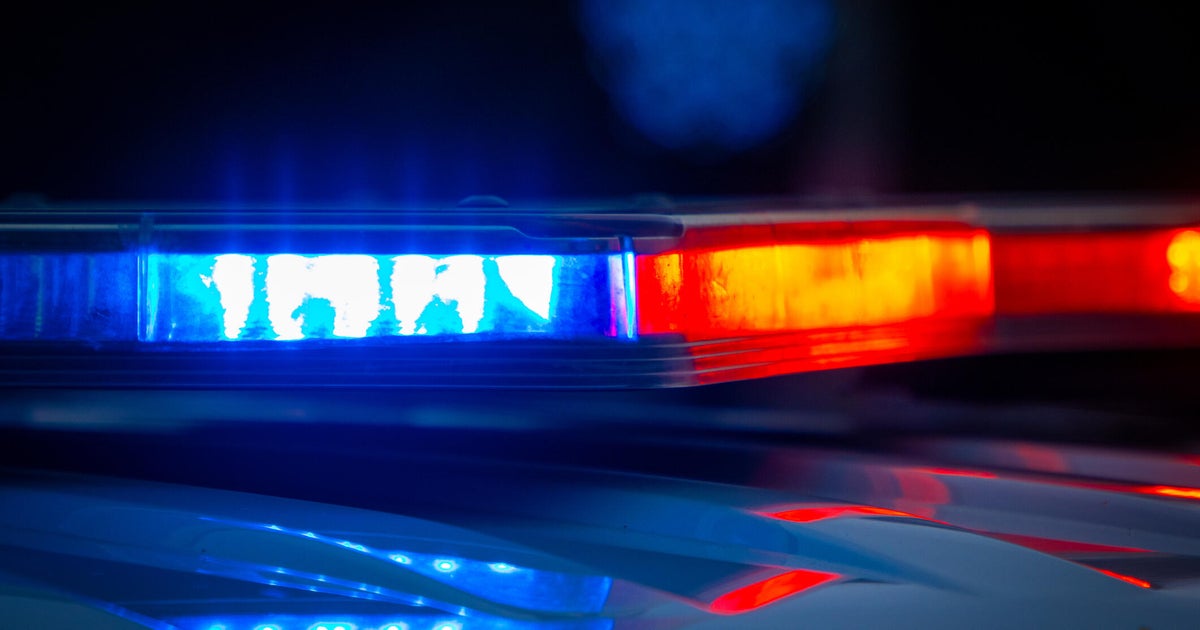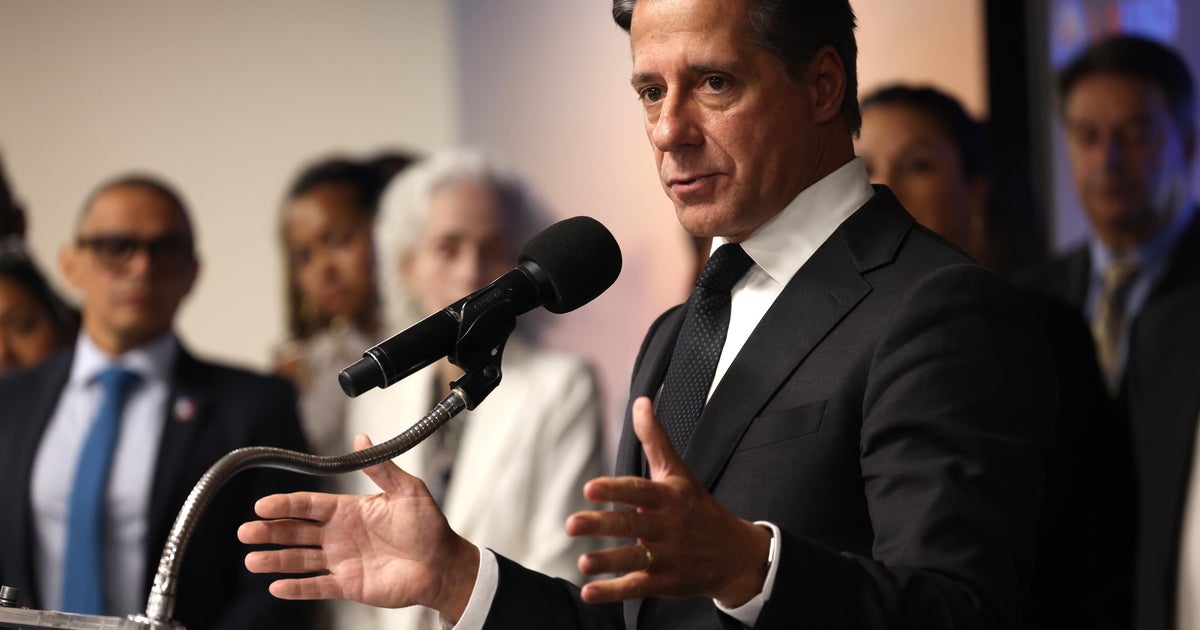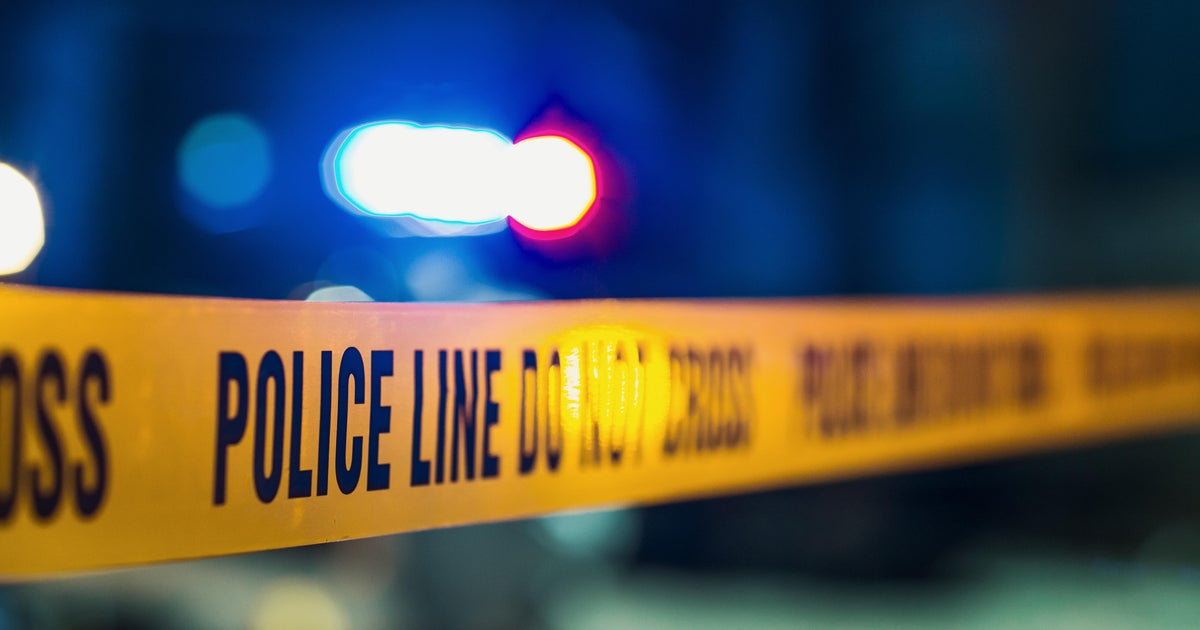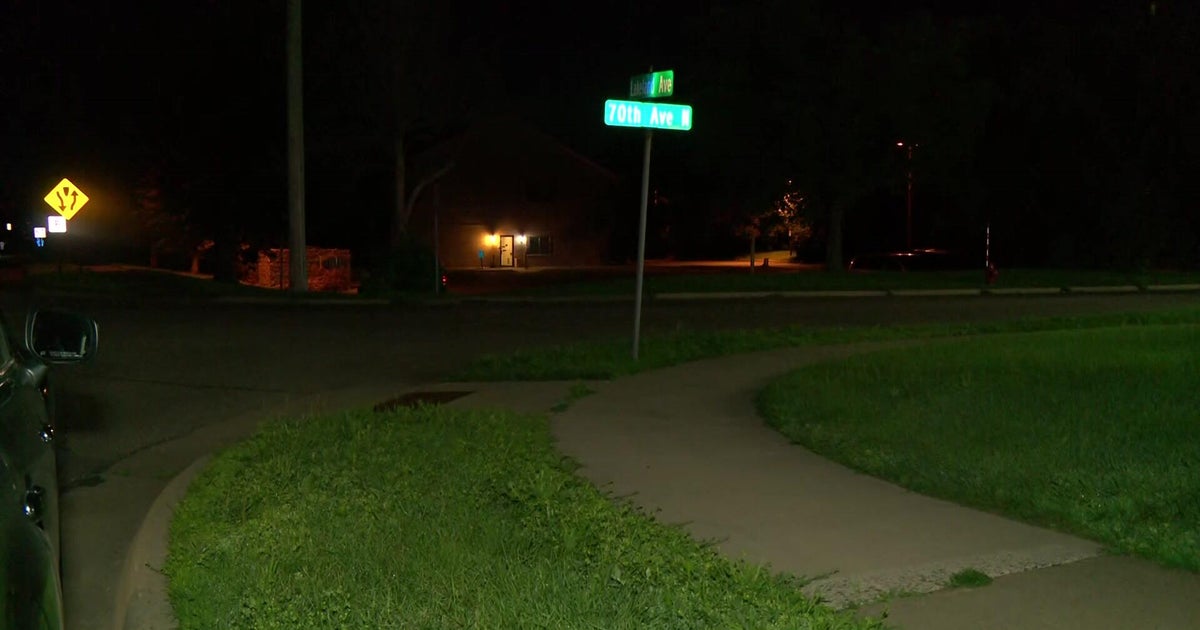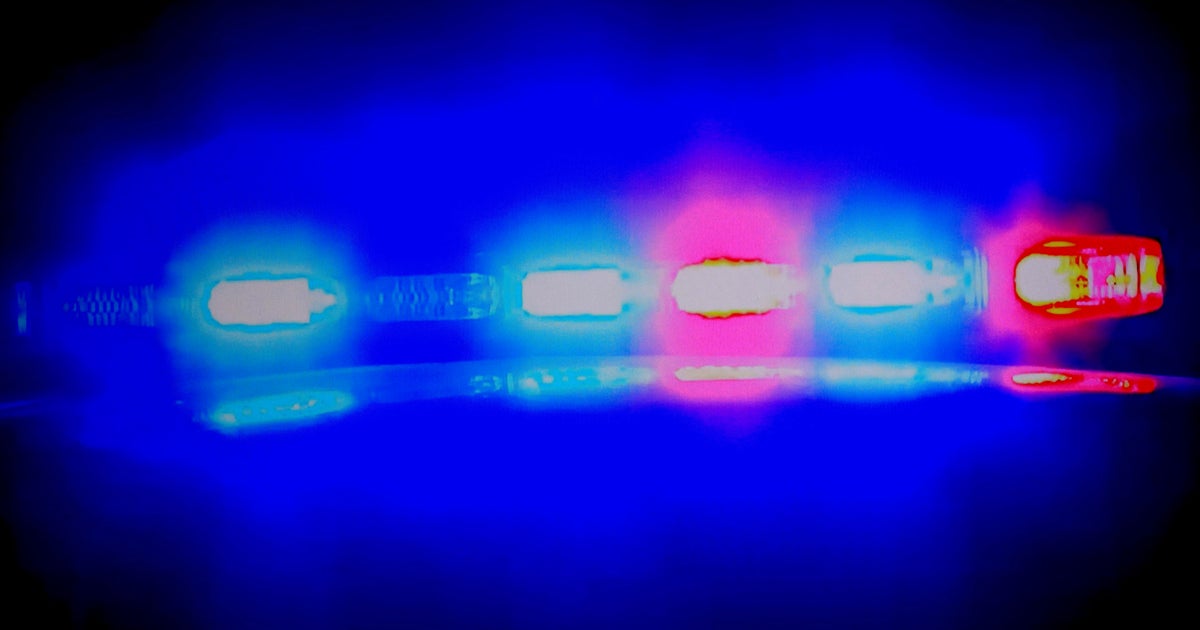How the FBI and others helped survivors in Highland Park cope after mass shooting
HIGHLAND PARK, Ill. (CBS) -- For survivors of last year's deadly mass shooting at the July 4th parade in Highland Park, the pain was not just physical, and once again this community has shown its strength and resilience to help survivors move forward.
"If you've seen one mass casualty, you've seen one. Every mass casualty that happens across the country is unique in certain ways," said Amanda Zarobsky, a victim specialist in the Chicago division of the FBI.
As Highland Park police officers and firefighters rushed to the July 4th parade shooting scene, the call for help went out to emergency teams around the state and across the country. They responded, bringing their own special set of skills to help the victims.
"It is a huge collaborative effort," Zarobsky said. "We are here to support, and we're also here to help with the investigative process."
The FBI is known for its role investigating crimes like this, but the bureau's Victim Services Response Team also played a key role in the days and weeks after.
"I think victim services being in existence is a surprise for a lot of people," Zarobsky said.
The team created a family assistance center, where victims could get all the help they needed under one roof.
"We found a place that was appropriate in the community that was away from the parade route, because that can be really traumatic," Zarobsky said.
They didn't want to have to go past the crime scene.
So those were all kind of unique circumstances that maybe we haven't seen in other places
At Highland Park High School, victims could connect with crisis counselors and mental health resources, get help from the American Red Cross, and be reunited with lost property. It was a safe space for law enforcement interviews with the youngest victims.
"When we started the family assistance center, we had a line right out the door. Over those two weeks that we were there, we made almost 1,600 contacts with individuals. So the need was there. People found out very quickly," Zarobsky said.
Another important partner was United Way of Lake County, which offered its 211 hotline to connect survivors with resources.
"It's available 24 hours a day, seven days a week, 365 days a year," said Gail Graves, vice president of community impact with United Way of Lake County.
Sargent: "What were some of the biggest needs that you were finding when these victims – in this unspeakable moment – are saying 'I need help'?"
Graves: "Absolutely, mental health services was the biggest, number one. Whether you were actually hurt in the incident yourself, a family member, a neighbor, or someone that was attending the incident, or the Fourth of July parade, you know that you would have some type of issue and concern."
Victims also called in asking for help finding jobs, since businesses in the center of town were closed. Many needed assistance with housing, utilities and food.
"People do express that, 'I didn't know what to do, and you were my lifeline. You connected me with things that I didn't even know that I needed, or you helped me to find services that I wasn't aware that existed,'" Graves said.
By design, the family assistance center at Highland Park High School closed two weeks after the shooting, but the help hasn't stopped, and people are still reaching out.
"We were told, whatever you start, be prepared to do over the course of the next three years because it takes time, that ripple effect, before people really say, 'I need help,' or 'This is still bothering me,' or 'I still have needs, where do I go? I'm ready to ask for help now,'" Graves said.
It's a transition Tenielle Pereira in Las Vegas knows well. In 2017, after a gunman opened fire from a hotel window overlooking a concert, killing 61 people and wounding hundreds more, she created the Vegas Strong Resiliency Center. It's still open nearly six years later.
Illinois officials reached out to Pereira's team for help forming a resiliency center in Highland Park.
"The community is really looking for a leader in a response like this, and hopeful messaging. So, you know, we kind of provided some perspective on that," she said.
And what did Pereira see in Highland Park?
"A lot of people were reaching out that necessarily weren't even at the parade; that, you know, the ripples really went through the local community there, which I think makes a lot of sense, because it was a community event that any one of them could have been at. It's one of those Fourth of July celebrations. Like, what could be more American?" she said. "I always try and bring a message of hope; that healing can and will happen."
City leaders say they'll be leaning into the community's strength this Fourth of July, as they "take back" their parade route with a community walk. Dozens of crisis counselors will be on hand.
